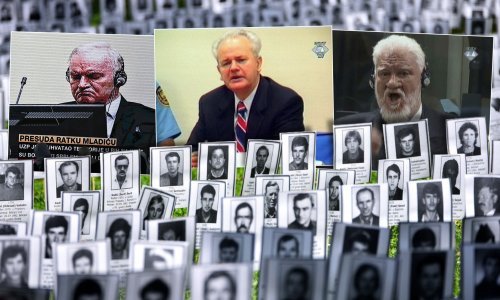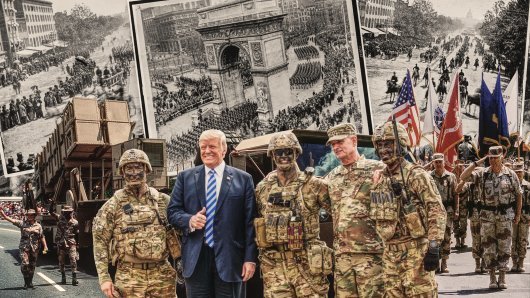Croatia will be represented only by its ambassador to the United Nations Ranko Vilovic at a discussion on the work of the Hague war crimes tribunal convened for April 10 in New York by UN General Assembly President Vuk Jeremic, Foreign and European Affairs Ministry told the media.
Former Serbian Foreign Minister Jeremic, who has been chairing the UN General Assembly since June 2012, convened the discussion on the role of international criminal tribunals in the realisation of justice and reconciliation process, dissatisfied with ICTY acquittals of Croatian generals Ante Gotovina and Mladen Markac.
In February Jeremic called on UN member stated to send their highest representatives to attend the discussion.
Croatia did not deem this necessary and has previously announced its President Ivo Josipovic would not travel to New York. "President Josipovic will neither address nor attend the debate at the UN General Assembly," the Office of the President said. Croatia will be represented only by its ambassador to the UN Ranko Vilovic.
Not everything will go as planned for Jeremic when it comes to other countries and institutions which he expects to attend the debate.
As Jeremic prepares to convene the high-profile conference on international justice -- an event that critics suspect he will use to denounce a U.N. court that indicted more than 90 Serbs, including the former Serb President Slobodan Milosevic, who died in 2006 in a jail cell in the Hague -- he is facing a backlash from governments and international jurists who feel he has abused his position to advance his narrow national interests.
The Foreign policy Magazine described Jeremic as "the hyper-kinetic Serbian president of the U.N. General Assembly, is on a mission to restore Serbia's prestige on the world stage."
In recent days, several international legal experts -- including Song Sang-Hyun, the president of the International Criminal Court -- who had confirmed their attendance at the conference have pulled out of the event. Many governments, including the United States and members of the European Union, are now considering sending low-level diplomats to the conference in order to register their displeasure with Jeremic's words.
The president of the International Criminal Tribunal for the former Yugoslavia (ICTY), Theodor Meron, also said he would not attend the event.
Jeremic convened the discussion in response to certain rulings, which raises questions about the basic rules on respect for the rule of law, Meron said, adding that his participation would not make any important contribution to the condemnation of something he cared about very much.
US Ambassador-at-Large for War Crimes Issues Stephen Rapp also said he would not attend the discussion and that, as far as he knew, the US would present a statement together with several other countries in support of international justice and the importance of fair trials.
Rapp warned about attempts to ascribe to international war crimes tribunals bias at the expense of a people or collective.
Among those who has have cancelled or declined invitations include the president of the Assembly of States Parties for the International Criminal Court, Tina Intelmann; the U.N. secretary general's special advisor on the prevention of genocide, Adama Dieng; the executive director of Human Rights Watch, Kenneth Roth; and the U.N. secretary general lawyer Patricia O'Brien.
According to the media in Belgrade, Jeremic will keep pressing for the UN discussion despite the international pressure. The media cited Jeremic as saying that "there is no force that can force me to quit".
It is assumed that at the debate, Croatian Ambassador Vilovic will not give any political assessment of the work of the Hague tribunal but he will only speak of technical issues.



































